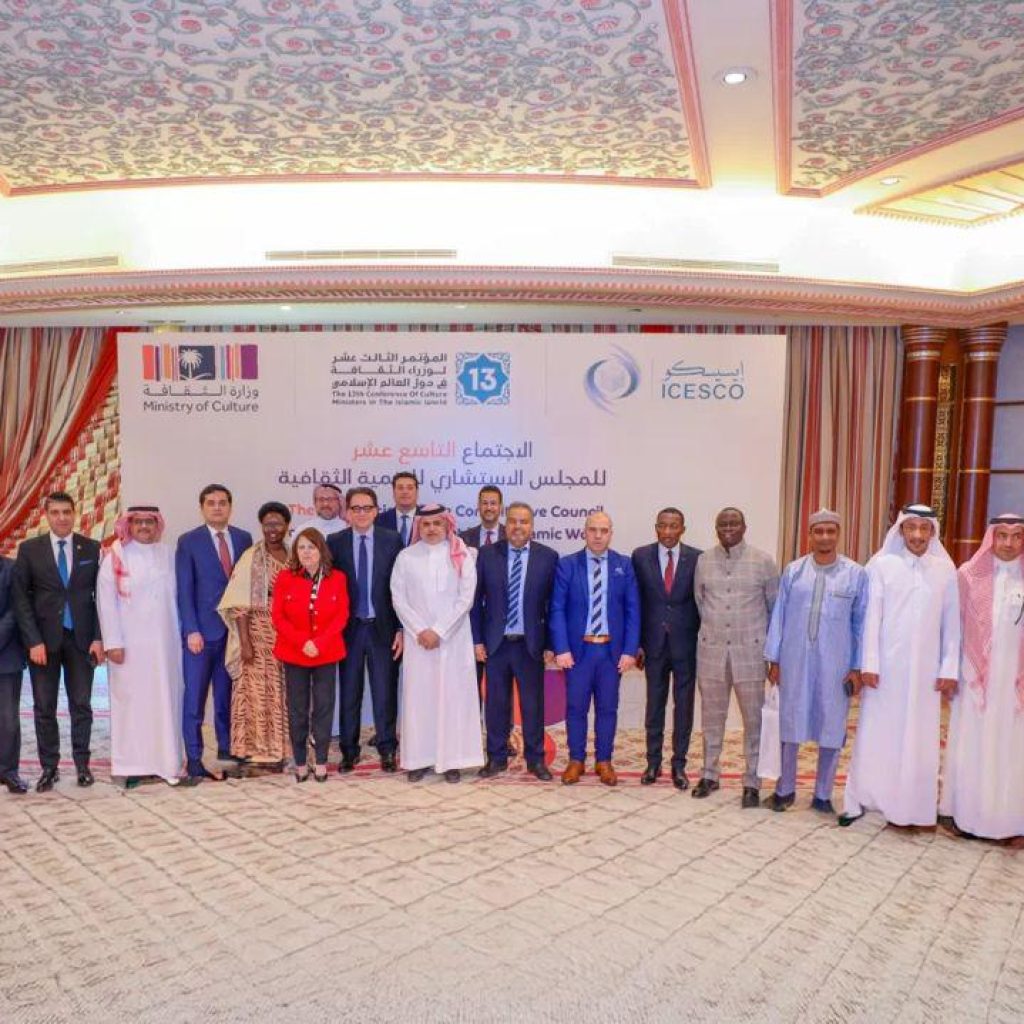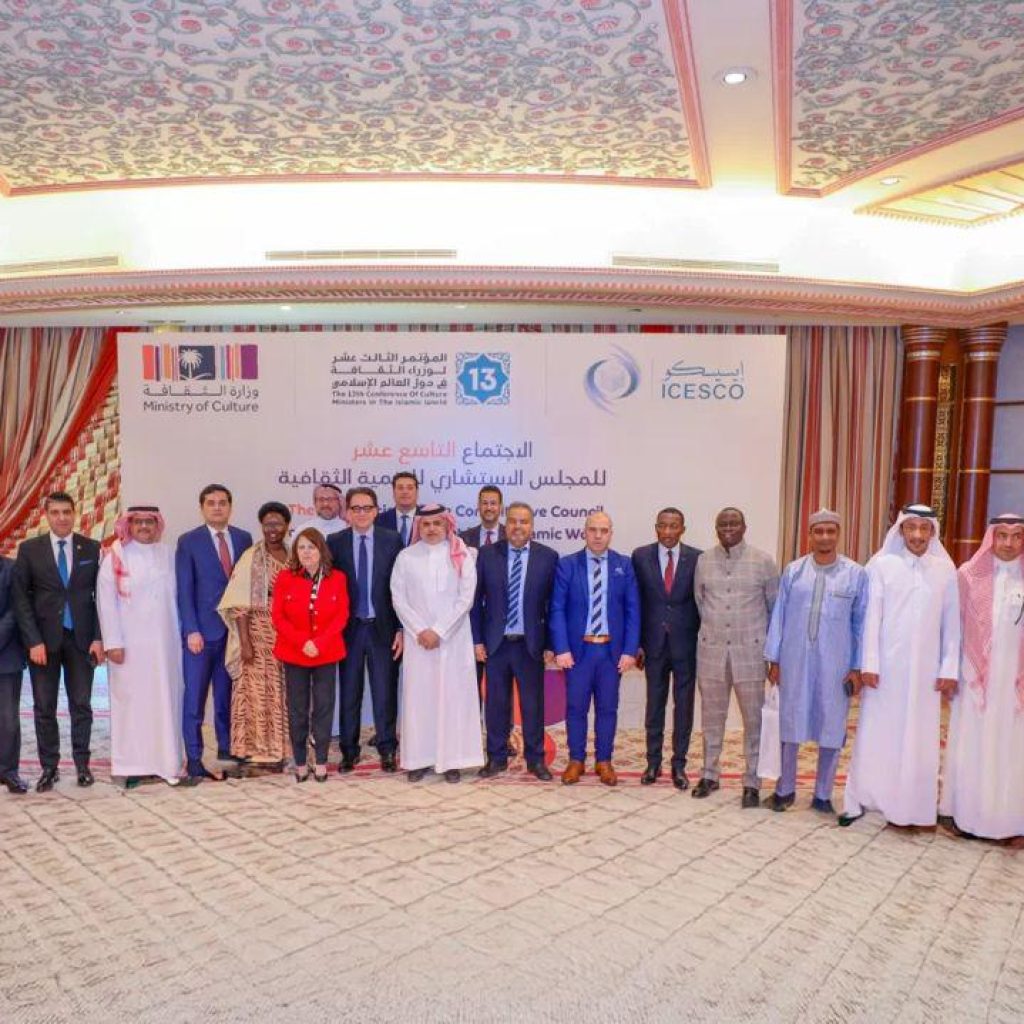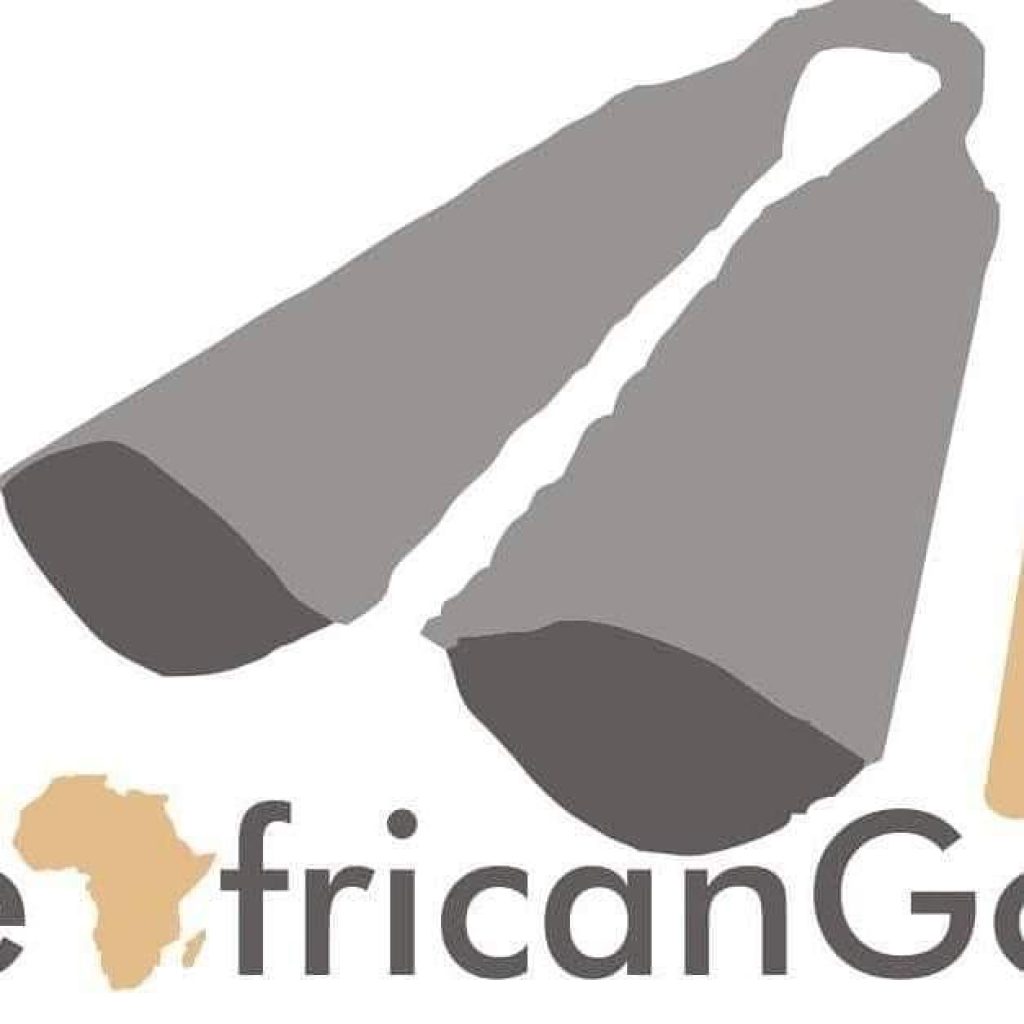
As the global conversation on cultural diplomacy and heritage preservation intensifies, Nigeria has reaffirmed its leadership at the 19th Consultative Council for Cultural Development in the Islamic World, hosted in Jeddah by the Saudi Ministry of Culture in collaboration with the Islamic World Educational, Scientific, and Cultural Organization (ICESCO).
This strategic gathering set the stage for the 13th Conference of Ministers of Culture in the Islamic World, scheduled for February 12–13, where critical policies on cultural sustainability, heritage preservation, and education will be addressed.
The opening session began with a recitation from the Holy Quran, followed by an address from Dr. Mohamed Zine El Abidine, Head of the Culture Sector at ICESCO. He outlined the organization’s mission to drive cultural innovation and foster collaboration across the Islamic world, emphasizing the establishment of specialized centers for calligraphy, manuscripts, poetry, and literature. His remarks underscored ICESCO’s ongoing commitment to safeguarding cultural heritage while advancing policies that position culture as a pillar of sustainable development.

Dr. Talal bin Saud Al-Ruwais, Chairman of the Consultative Council, further emphasized the invaluable contributions of Islamic civilization to global culture, highlighting the need for strengthened cooperation among member states. During the session, Saudi Arabia assumed the presidency of the Council, with Qatar serving as rapporteur, while Palestine and Senegal were appointed as vice presidents.
Key policy discussions during the working sessions focused on critical resolutions, including:
ICESCO’s Initiative on Cultural Rights and the Right to Culture in Islamic World Countries
A framework for recovering lost and displaced cultural artifacts
An analytical report on Islamic heritage sites at risk
The digitization of bilingual dictionaries across Islamic nations
Saudi Arabia’s presentation of the Historical Illustrated Dictionary of Arabic Calligraphy
Through these deliberations, ICESCO continues to strengthen cultural governance and foster strategic actions that uphold the historical and artistic legacy of the Islamic world.
Nigeria at ICESCO 2025: Advancing Heritage, Education, and Cultural Diplomacy
Since joining ICESCO in 2001, Nigeria has remained a committed advocate for heritage conservation, cultural diplomacy, and education-driven development. At the 13th Ministerial Conference, Nigeria will reinforce its dedication to these pillars, with The Honourable Minister of Art, Culture, Tourism, and Creative Economy, Hannatu Musa Musawa, Esq., leading the nation’s delegation. Her participation aligns with President Bola Ahmed Tinubu’s Renewed Hope Agenda, which prioritizes cultural development as a driver of national identity, tourism, and economic empowerment.
A defining achievement for Nigeria in ICESCO 2025 is the expansion of its footprint on the Islamic World Heritage List. In October 2024, ICESCO inscribed 91 historical and cultural elements, including three new sites from Nigeria, bringing the country’s recognized heritage sites to five. These include:
Fanisau Palace Mosque (Kano) – Inscribed in 2019
Hubbaren Shehu (Sokoto) – Inscribed in 2022
Sheikh Alimi Mosque Complex (Kwara) – Inscribed in 2024
Gobarau Minaret (Katsina) – Inscribed in 2024
Mbormi Battle Ground (Gombe) – Inscribed in 2024
This milestone highlights Nigeria’s ongoing dedication to preserving its cultural landmarks and strengthening its role in the global discourse on heritage conservation. At the Ministerial Conference, Nigeria will actively advocate for:
Increased representation in ICESCO advisory committees
Funding for its National Policy on Culture
The establishment of a digital archive for Islamic manuscripts
Strengthening Arabic Education and Cultural Empowerment
Nigeria’s commitment to cultural preservation extends beyond heritage recognition to education and language development. In August 2023, ICESCO, in partnership with the Hamdan Bin Rashid Al Maktoum Foundation, launched a groundbreaking Arabic education program at the Nigeria Arabic Language Village in Borno State. This initiative introduced:
Digital learning tools to modernize Arabic instruction
Specialized teacher training programs
Updated educational curricula to enhance language proficiency.

By integrating technology and innovative teaching methodologies, Nigeria continues to preserve its Islamic cultural identity while ensuring accessible and high-quality education for future generations.
At the ICESCO Ministerial Conference in 2025, Nigeria will champion initiatives that:
Expand cultural programs to empower marginalized groups, including persons with disabilities and refugees
Enhance creative industries through strategic collaborations
Position culture as a tool for education, economic advancement, and global partnerships
Through ICESCO 2025, Nigeria is set to deepen its influence in cultural governance, reinforcing its position as a key player in the Islamic world’s cultural and educational advancement.
